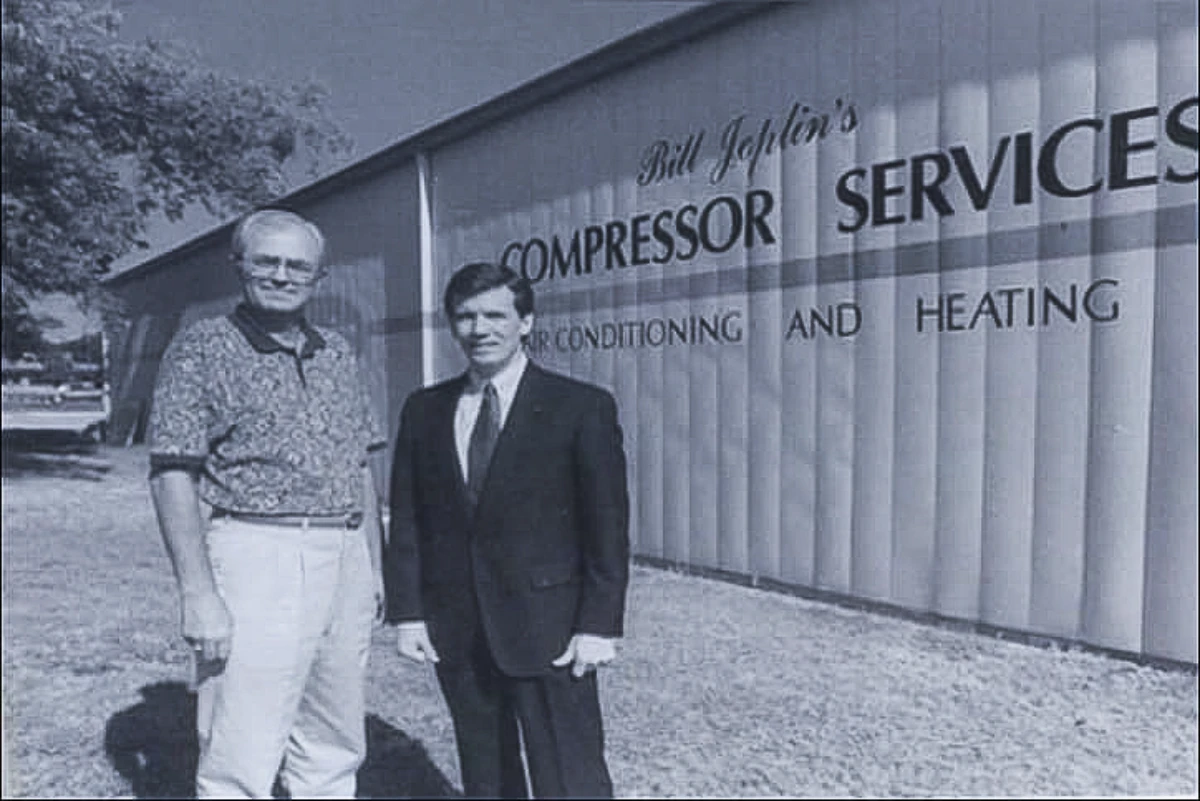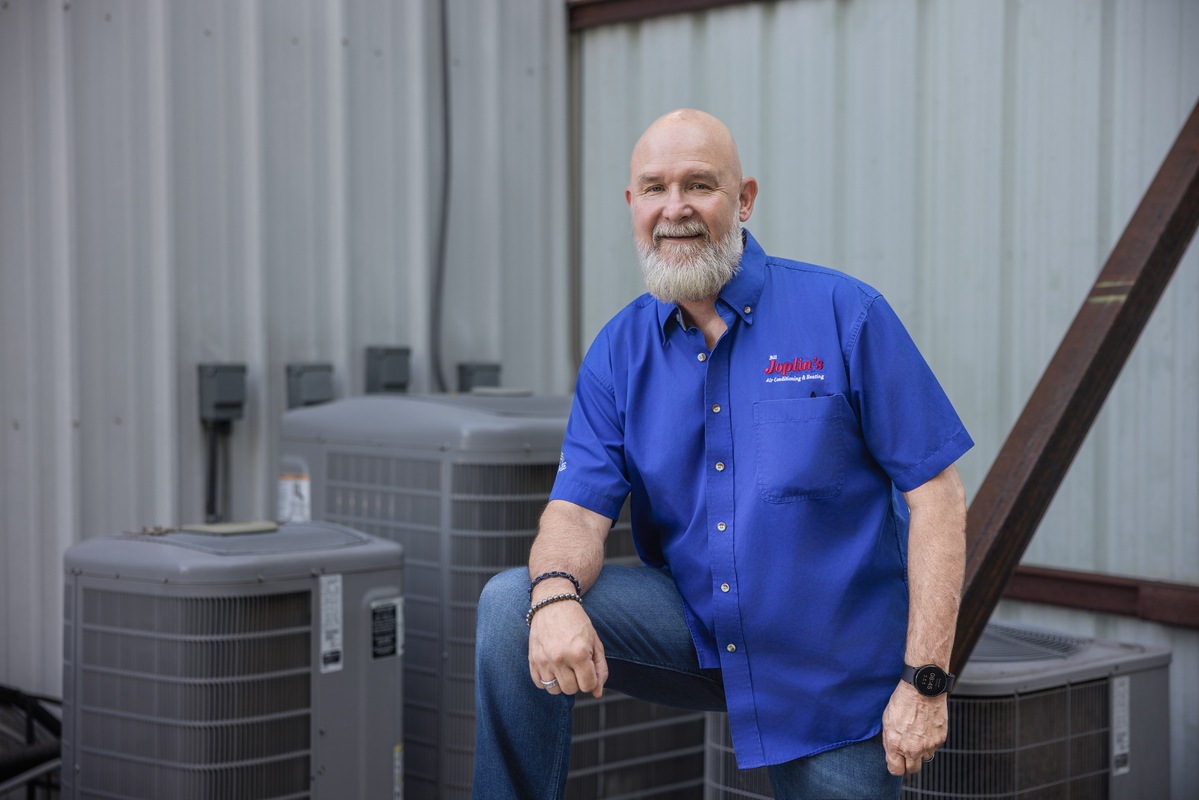Air leaks are a major contributor to escalating home energy bills. The leaks either, allow warm air to escape or cold drafts to enter the home. Whichever way, more energy is required to create a comfortable living environment for your family. Sealing air leaks, caulking and weather stripping are the best solutions to ensuring that your home is air tight.
How to Test for Air Tightness
You can test for air tightness by lighting up a smoke pen or incense stick and holding it next to areas in your home that are prone to air leaks; these include doors, windows, attic hatches, ceiling fixtures, electrical outlets, and plumbing fixtures among others. Where there is an air leak, the smoke tends to flow horizontally.
How to Deal With Air Leaks
- Weather strip, seal and caulk all doors, windows, and areas in your ceilings and floors that are likely to have air leaks. These include spots where electrical wiring, ducting and plumbing come through, as well as the cracks, seams and areas behind switch plates and wall outlets.
- Seal the large gaps around baseboards and windows using foam sealant.
- Check your carpet, ceiling paint and insulation for any dirty spots, as these are an indication of either mold or air leaks. Any leaks on the insulation should be sealed using low-expansion spray foam. On the other hand, ensure that you caulk any leaks on wall/floor joists and interior wall/ceiling joints.
- When not in use, ensure that your kitchen exhaust fan is properly covered to prevent air leaks.
- Inspect your dryer vent regularly to ensure there is no blockage. A blocked vent leads to energy loss and may cause fire.
- Use pliable sealing gaskets to replace your door thresholds and bottoms.
- Ensure that your fireplace’s flue damper is tightly shut when not in use.
- Use fire-resistant materials to seal air leaks around gas-fired water heater vents, furnaces, chimneys and fireplaces.
- Replace single-pane windows with more energy-efficient, low-emissivity double-pane windows. Alternatively, you can use storm windows to cover them.
For more tips and expert advice on sealing air leaks, as well as saving on your energy bills, contact Bill Joplin’s Air Conditioning & Heating.


